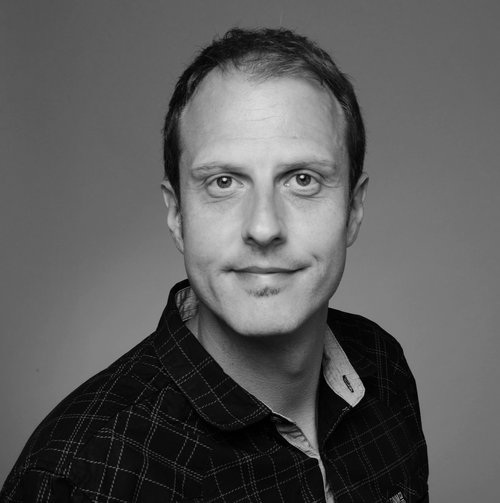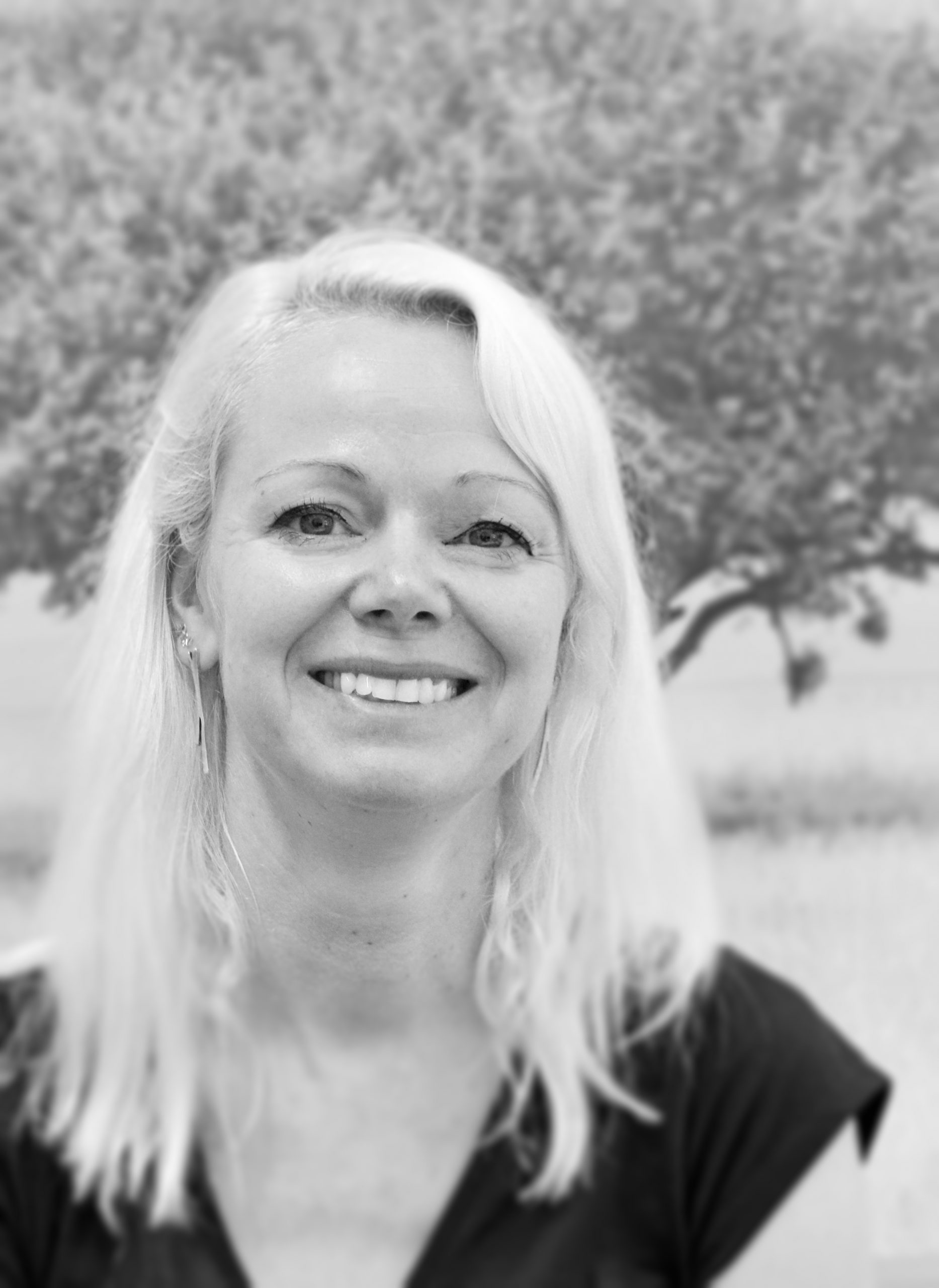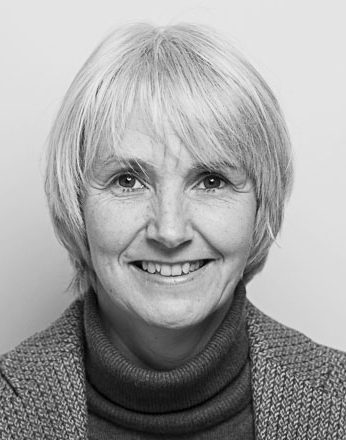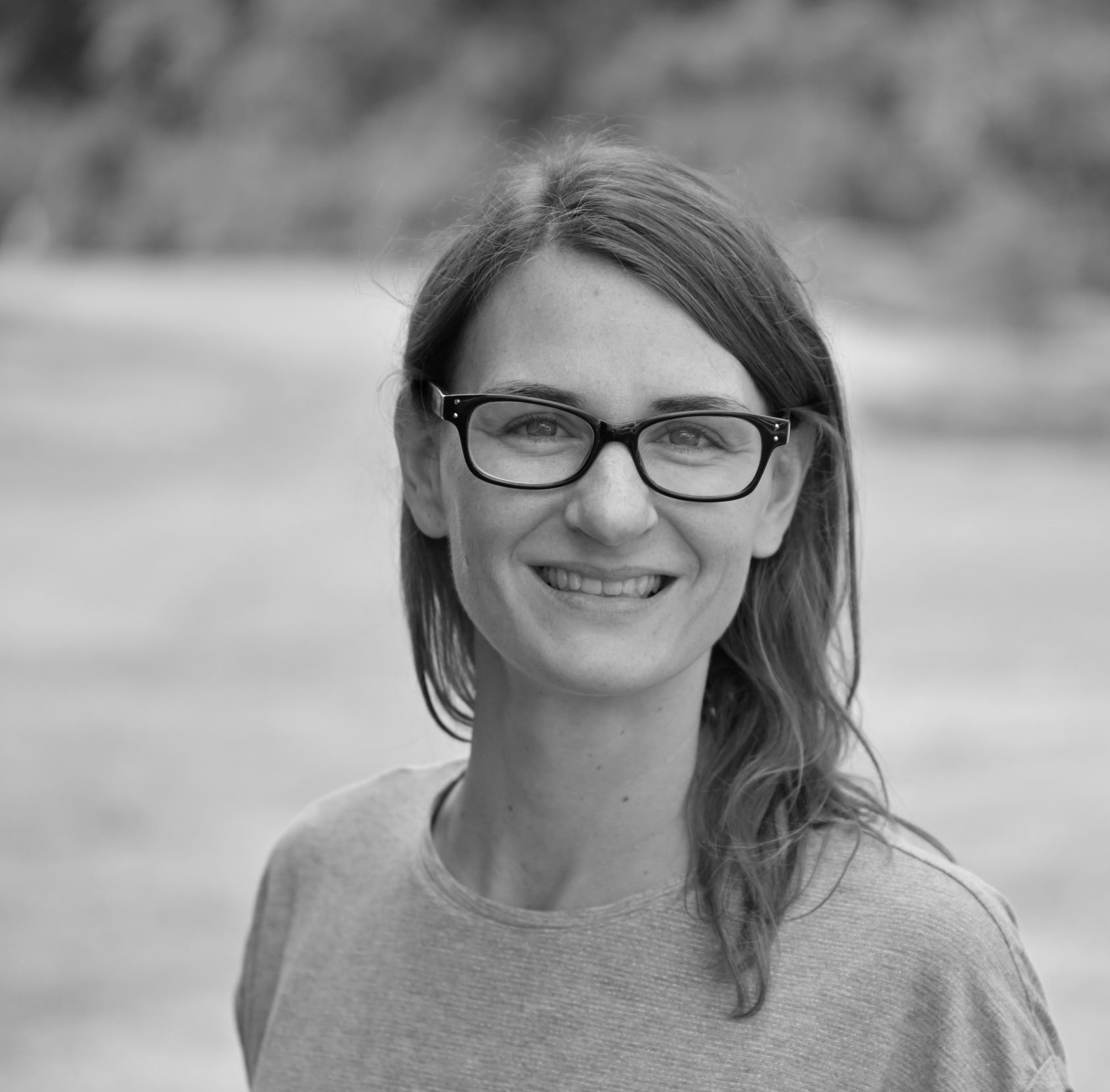A2 - Material cycles & recycling: Closing resource loops, increasing efficiency
Subproject A-2 investigates and optimizes material flows in the CUBES Circle in order to establish closed cycles between FishCUBE, PlantCUBE, and InsectCUBE and minimize external resource inputs. Building on Phase I, the transfer points between the systems will be improved, the demand for external materials (feed, nutrients, water, energy) will be quantified, and sustainable substitution strategies will be developed.
One focus is on the recycling and processing of plant nutrients from biogas plants and urban waste streams. New microbiological processes enable the energy-efficient and safe recovery of nutrients that can be used directly for plant production. In addition, organic residues are converted into high-quality insect and plant feed.
In addition, model regions are analyzed and urban location models are developed in order to develop a locally adapted dimensioning of the CUBES Circle and to exploit synergies with existing (peri)urban structures. In particular, the material flows of the potential plants are to be adapted to the energy, usage, and production profile of the respective locations. The goal is a scalable, self-sufficient, and resource-efficient food system for the city of the future.

Dr. Dennis Dannehl has worked at different research centers in Germany and New Zealand and is currently employed as postdoc at Humboldt-Universität zu Berlin. He is an expert in controlled environment horticulture and especially focused on the development of technical systems and control methods applied in greenhouses to optimise plant growth and health related plant compounds in vegetables.
Contact: dennis.dannehl(at)agrar.hu-berlin.de

Dr. Inga Mewis holds a doctorate in biology with a focus on the chemical ecology of herbivores. Prior to her employment as a research assistant at the Division Biosystems Engineering at HU Berlin, she worked at various renowned research institutions, e.g. in Germany (TU Munich, MPI, IGZ, TU Berlin), the Philippines (CLSU), the USA (Penn State, Virginia Tech) and Taiwan (AVRDC). Her current research focus is on improving the product quality of Brassicaceae and other crop plants under different light regimes using new LED-technologies in combination with stress and cultivation factors.
Contact: inga.mewis(at)hu-berlin.de

Prof. Dr. Heike Mempel heads the Department of Technology in the Greenhouse at Weihenstephan-Triesdorf University (HSWT). She has extensive knowledge in the food retail industry and her research is underpinned by a user-centric, commercial approach. Her research focuses on the application and optimization of closed production systems, the use of LED lighting strategies to influence resource consumption and produce quality as well as the potential of miniaturized near-infrared measuring devices for assessing and evaluating quality parameters in production and post-harvest.
In CUBES Circle her focus of interest is on the influence and assessment of plant target quality parameters while at the same time optimizing the resources used across CUBES.
Contact: heike.mempel(at)hswt.de

Dr. Nadja Förster manages the chemical laboratory of the Division Urban Plant Ecophysiology at Humboldt-Universität zu Berlin. Focus of her work within CUBES Circle is the qualitative and quantitative analysis of secondary metabolites in plants. She has vast experience in diverse extraction methods to determine glucosinolates, flavonoids, salicylates, phenolics, carotenoids etc. in plants.
Contact: nadja.foerster(at)hu-berlin.de

